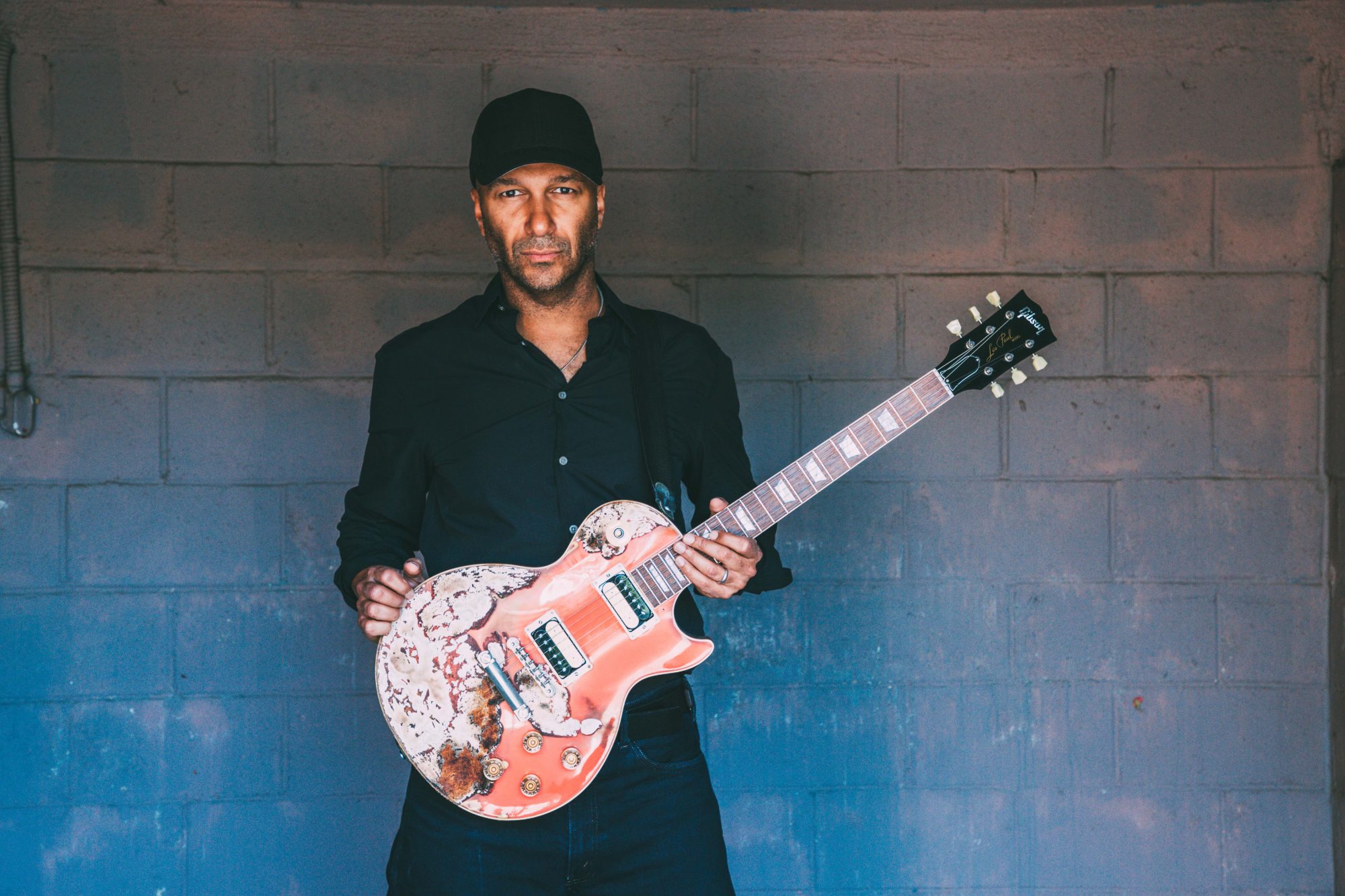Calling it quits.
The two biggest US concert and festival promoters and venue operators, Live Nation and AEG – who operate in Australia – have issued statements that they have stopped using facial recognition technology.
This comes after a campaign by musicians and privacy activists. One of them, Rage Against The Machine guitarist Tom Morello, called it the “first major blow to the spread of commercial facial recognition in the United States” in an opinion piece for BuzzFeed.
The music industry’s excitement over facial recognition was that it would take a fan “two seconds” to get into a concert. When adopted by smaller clubs, it would be for VIP or repeat guests. AEG was, at one point, yapping about using the data it collected by “personalisation” to make it easier for advertisers to target them.
Facial recognition technology has been used by airlines, and at some sporting events. But its critics warn it could be misused to hold surveillance in real time on customers during the concert or after. Someone having a quick joint could have their name and address traced and be arrested later. Footage could end up in the hands of police or immigration authorities. The technology could be racially biased, with people ending up deported.
Alarm bells clanged louder when it came to light that police used it at a Taylor Swift concert last year to spot any of the singer’s stalkers. In China, an audience member was nabbed at a Jacky Cheung on fraud suspicions. Morello tweeted: “I don’t want Big Brother at my shows targeting fans for harassment, deportation or arrest.”
Evan Greer for the Fight For the Future digital rights group pointed out, “Facial recognition surveillance is uniquely dangerous. It doesn’t keep fans or artists safe, it just subjects them to invasive, racially biased monitoring that will inevitably lead to fans getting harassed for things like minor drug possession, immigration status, or having a warrant falsely arrested, deported or worse.”
In May 2018, Live Nation’s Ticketmaster excitedly announced it was partnering with, and investing in, Austin, Texas facial recognition startup Blink Identity. The idea was for music fans to take a selfie “which the company transforms into mathematical representations and deletes”. The system might offer access to a shorter line or a VIP section.
Blink Identity rejects that the data would end up in the wrong hands (read: authorities). It says its technology is to get select customers into VIP areas or shorter lines, and that the customer has to start the process with the selfie. The company insists it has built safeguards into the system to stop information from reaching third parties
“They’re talking about mass surveillance,” said Mary Haskett, who co-founded the company. “We’re against mass surveillance…. Nobody’s talking about doing what they’re protesting against.”
However, a June 2019 survey by the Pew Research Center found that only 36 per cent trust tech companies to use their power responsibly, and even less (18 per cent) expect advertisers will do the right thing.







